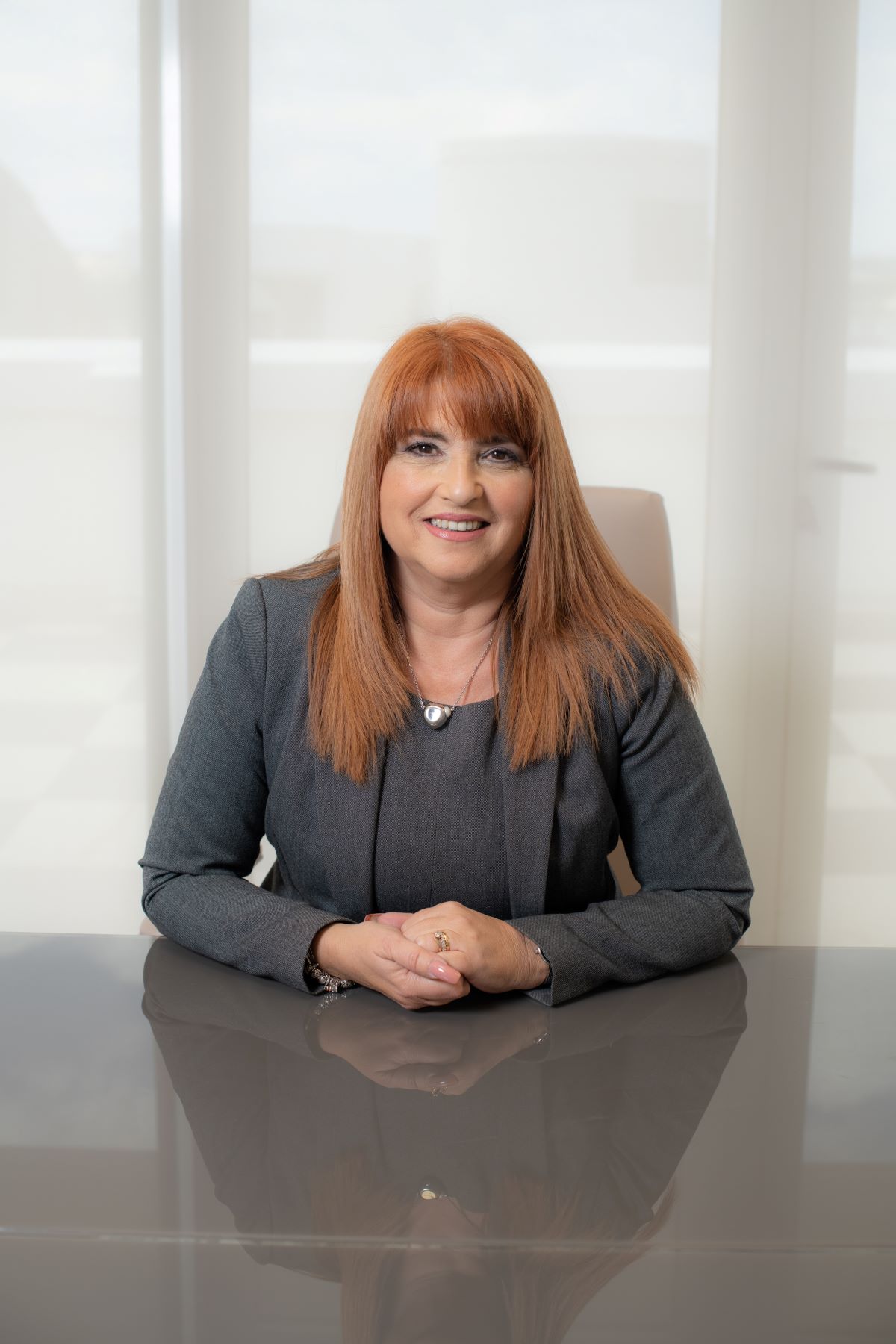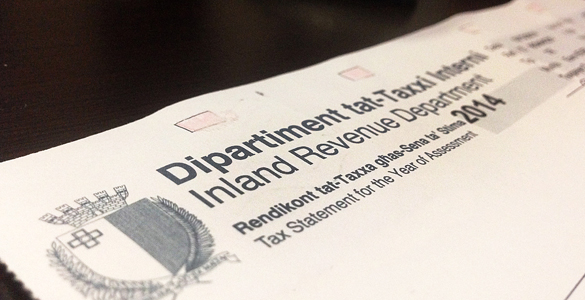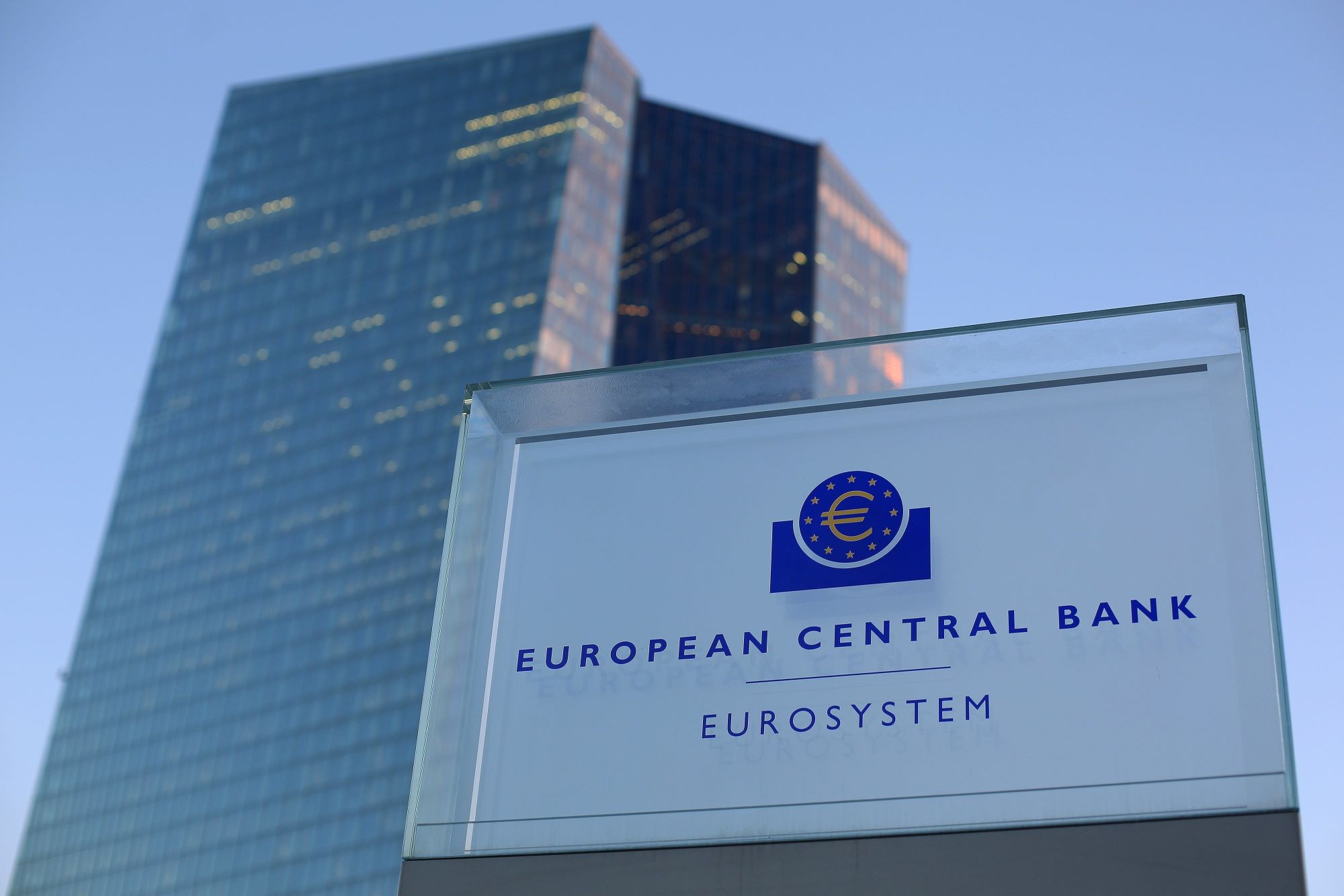When it comes to loans, there are two types: secured, or unsecured. Both terms carry a number of meanings and implications that prospective debtors should be attuned to.
Today’s column by Marisa Said, who heads the Consumer and Microbusiness Finance Department at Bank of Valletta, continues a series of articles aimed at demystifying the world of credit.
The first article, on sanction letters, can be found here.
Ms Said has over 30 years of experience in retail banking, most of which are directly related to mortgages, and is a key trainer in the area of home loans.

She explains:
A secured loan is one that is covered by collateral, which serves as a security on the loan. Such loans give a sense of security to the lender so that, if the borrower defaults, there are other assets or properties that can be claimed by the lender.
This security often allows the creditor to charge a lower interest rate to the debtor due to this additional layer of security.
An unsecured loan on the other hand is a type of loan that is not backed by collateral. This means that the borrower does not have to pledge any specific asset as security on the loan.
Instead, the lender evaluates the borrower’s creditworthiness and ability to repay the loan based on factors such as credit history, income, and employment status.
Unsecured loans may be more difficult to obtain than secured loans. Common examples of unsecured loans include personal loans, credit cards, and student loans.
Due to the nature of the risks involved for lenders, unsecured loans often come with higher interest rates and stricter repayment terms than secured loans.
An Expert Explains is a BusinessNow.mt initiative to improve economic financial literacy by inviting industry leaders to explain technical terms in a manner that can be understood by a general audience. If you would like to suggest a term or concept for our network of professionals to break down, or if you are an expert willing to contribute to this column, send us a message on our Facebook Page.
Top 5% of taxpayers responsible for one-third of all income tax paid in Malta
On the other hand, the bottom third of income earners pay just 1.7% of all income tax generated
The Malta Institute of Accountants prepares for its 2024 Anti-Money Laundering Conference
Held at the Radisson Blu, St Julians, this latest AML Conference promises to bring exclusive insights on new procedures
Eurozone interest rates to remain unchanged
The European Central Bank noted that price pressures remain persistent






